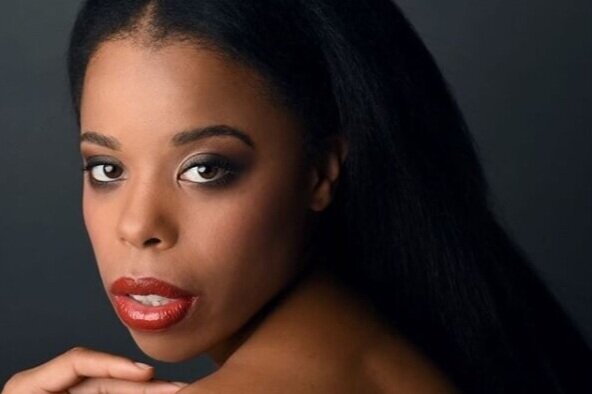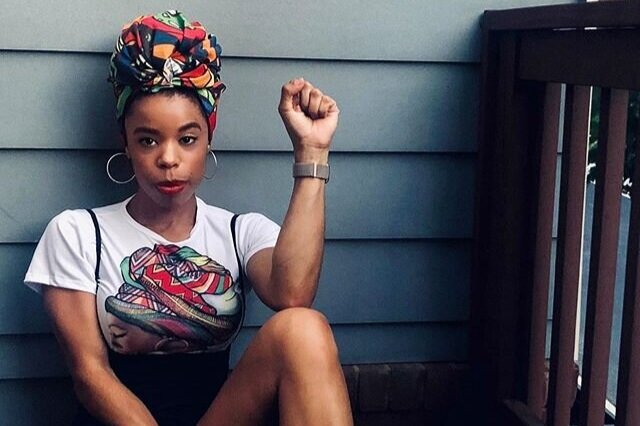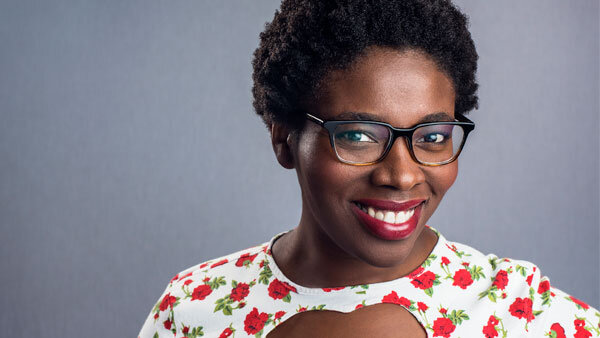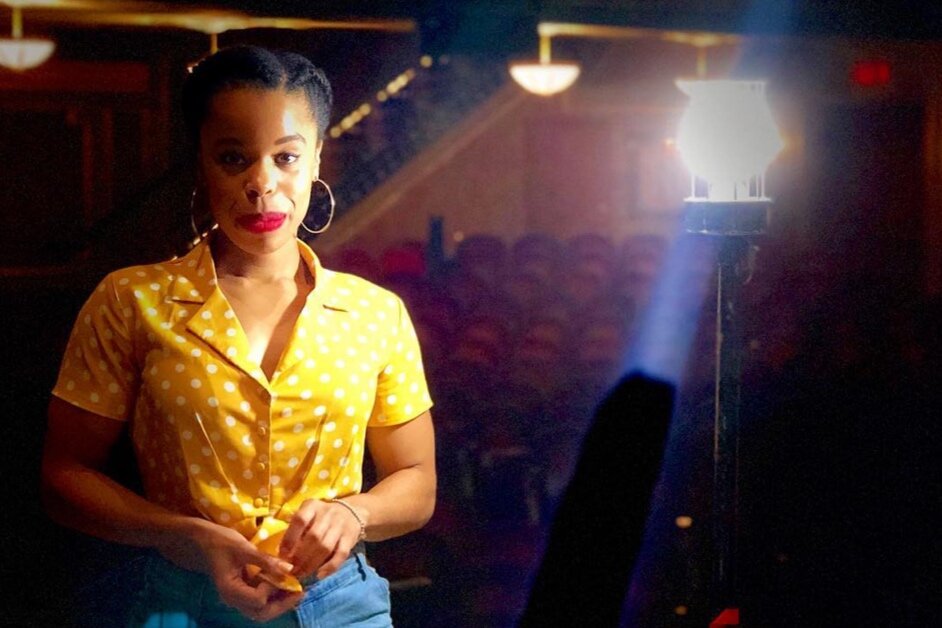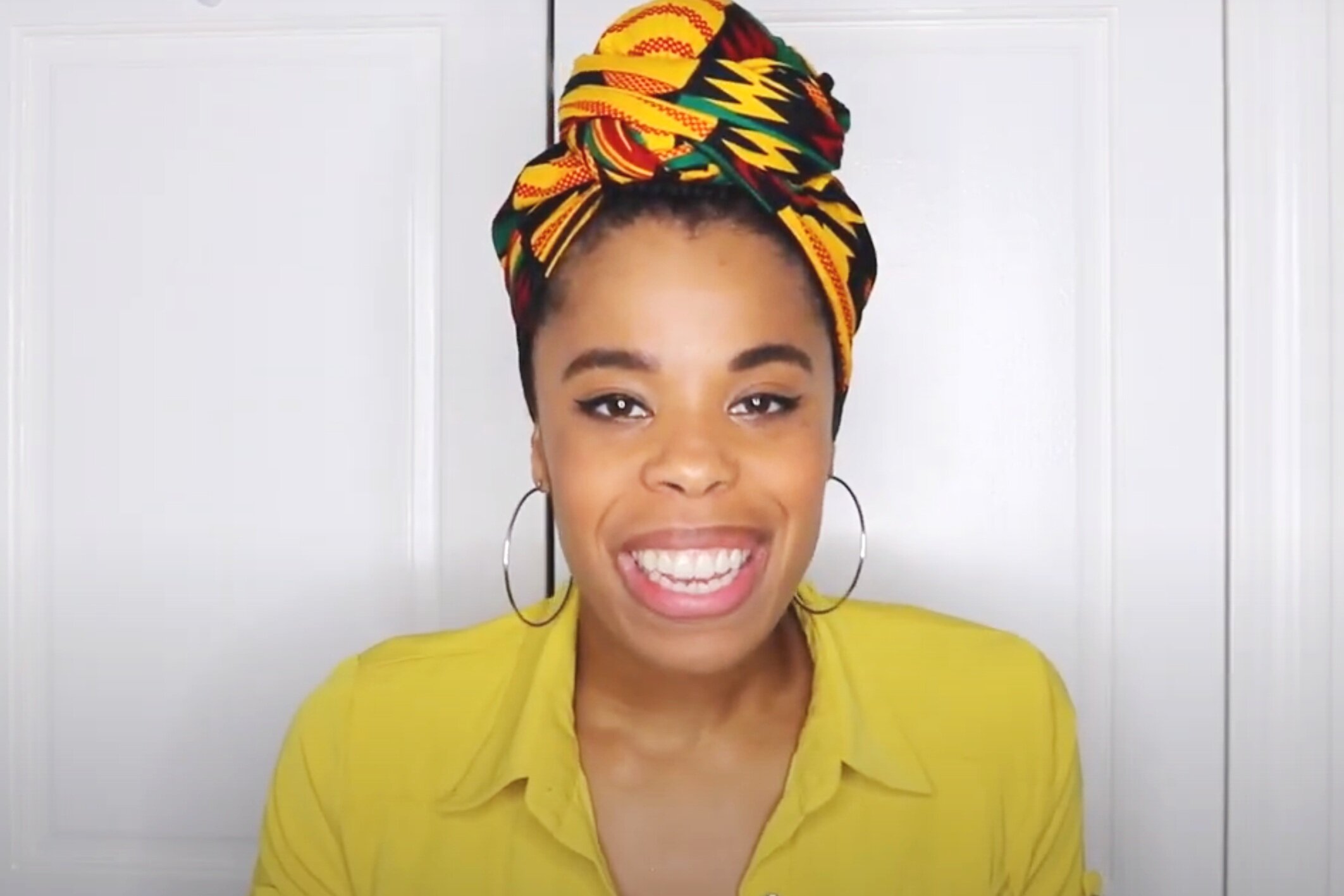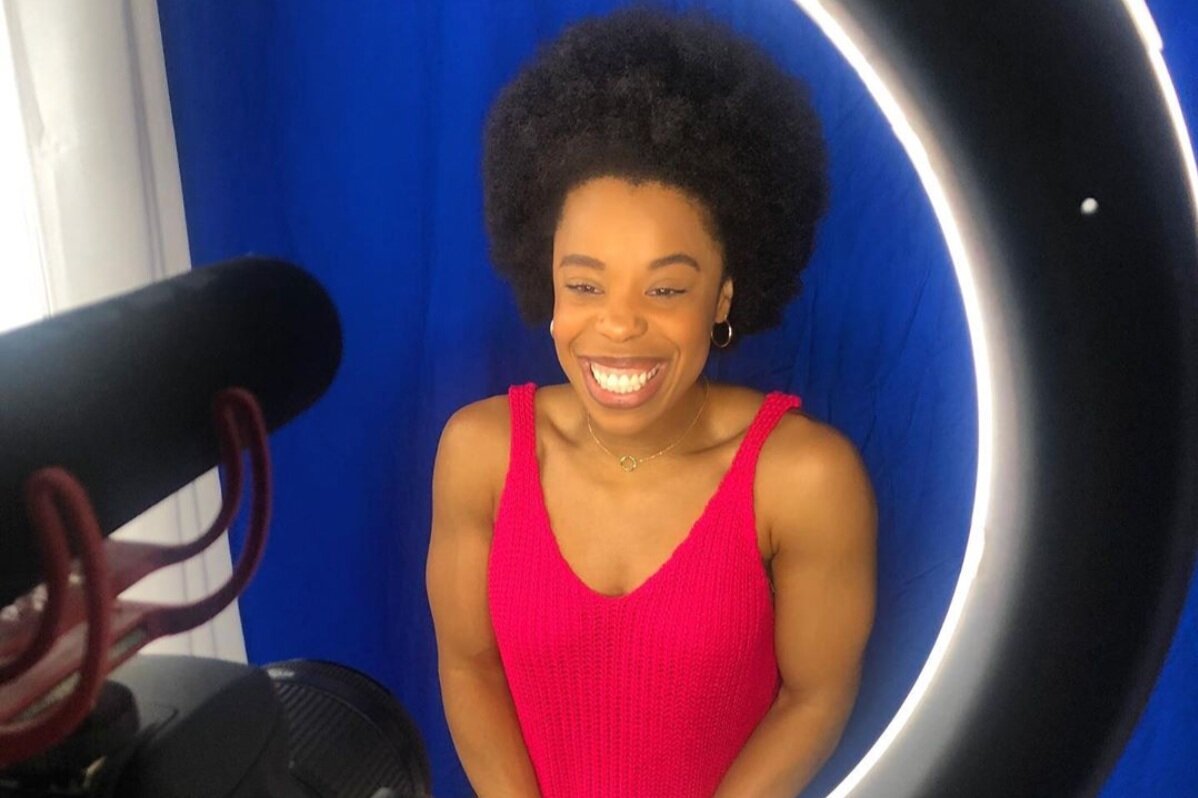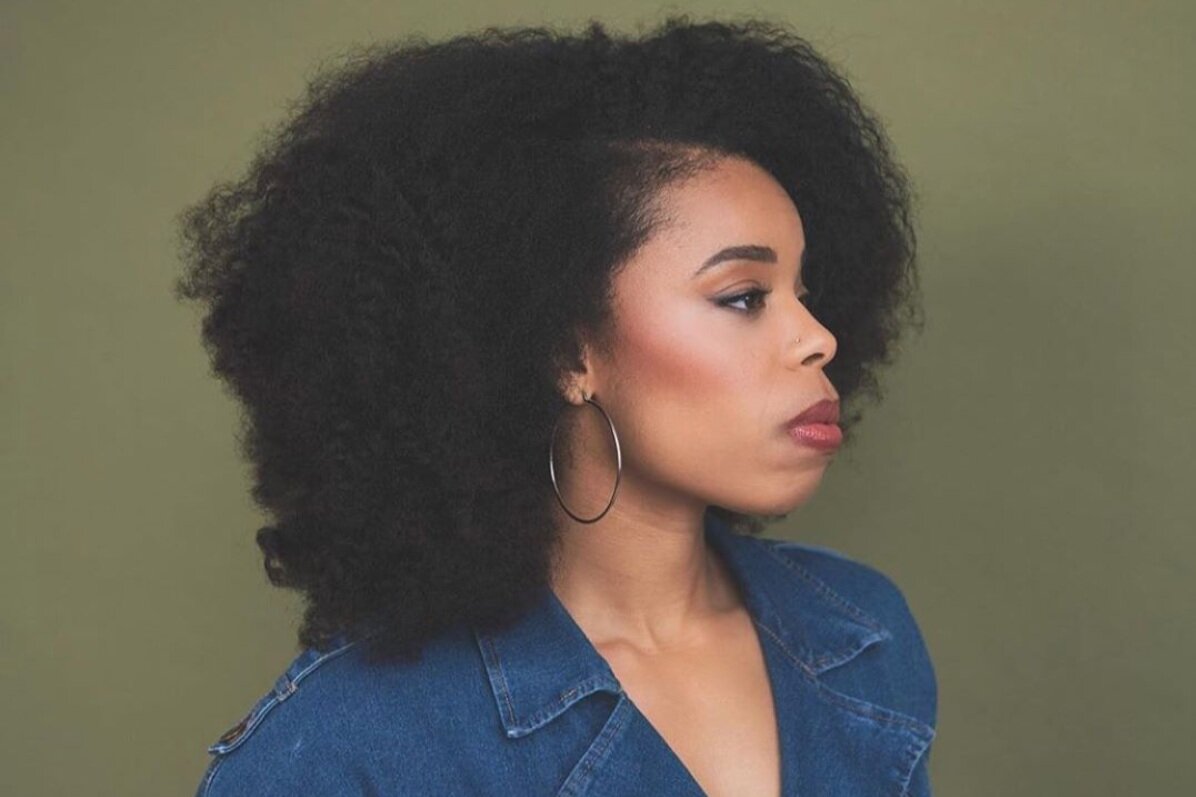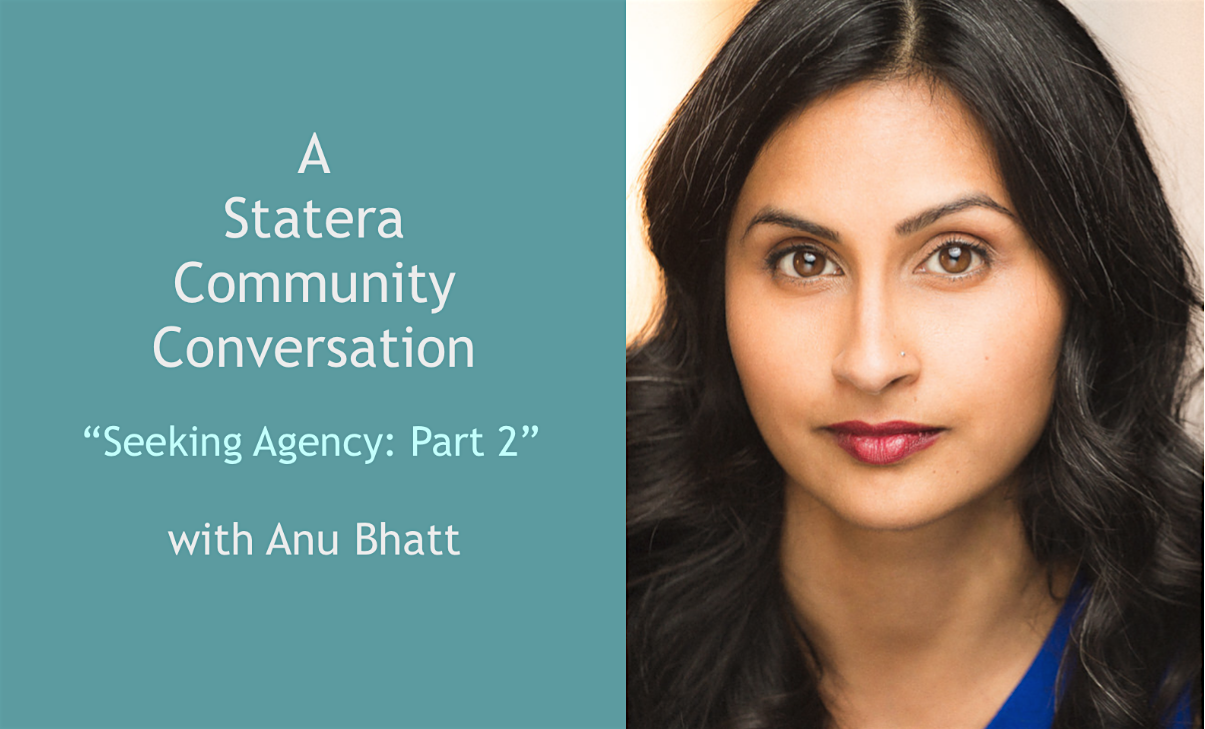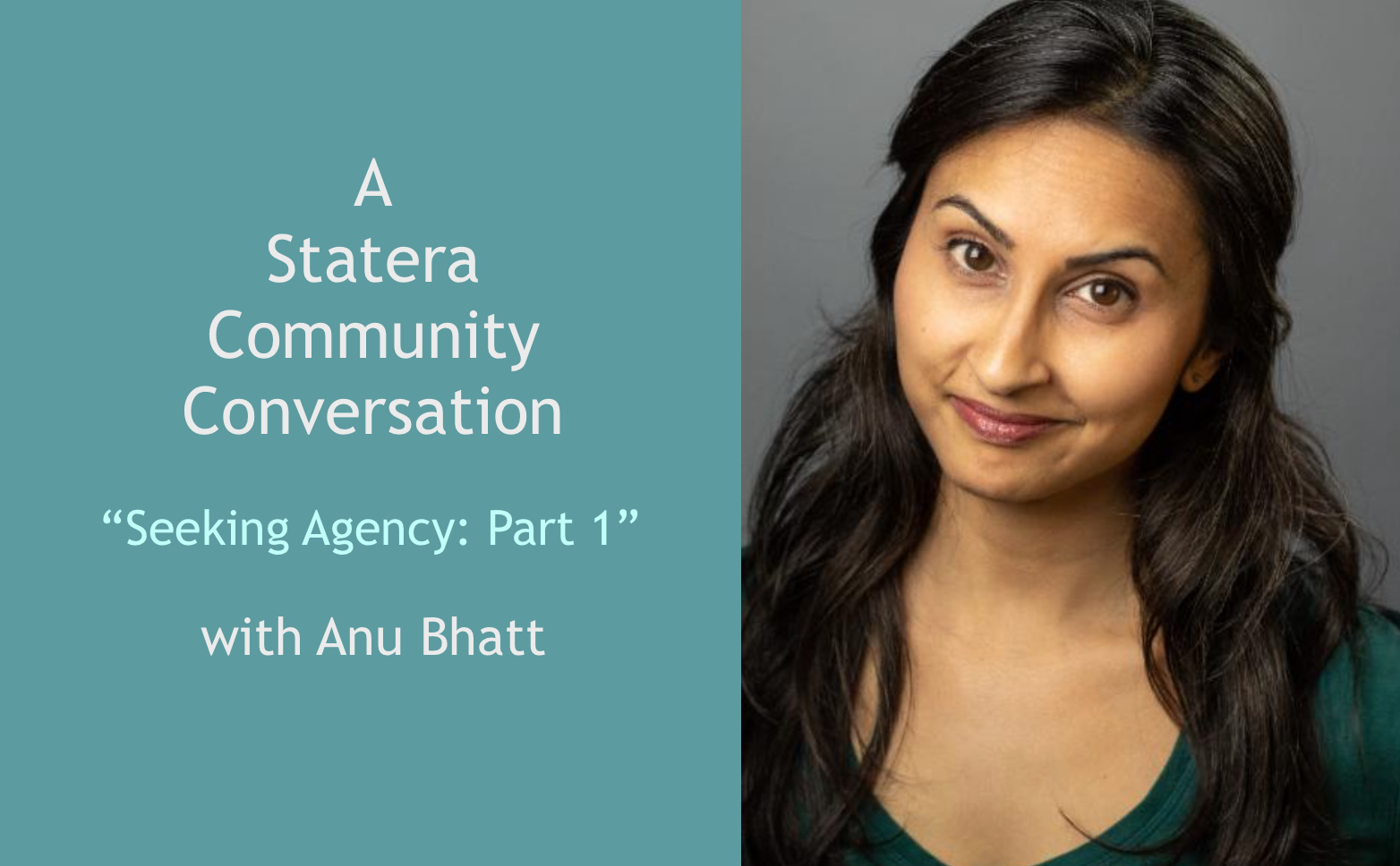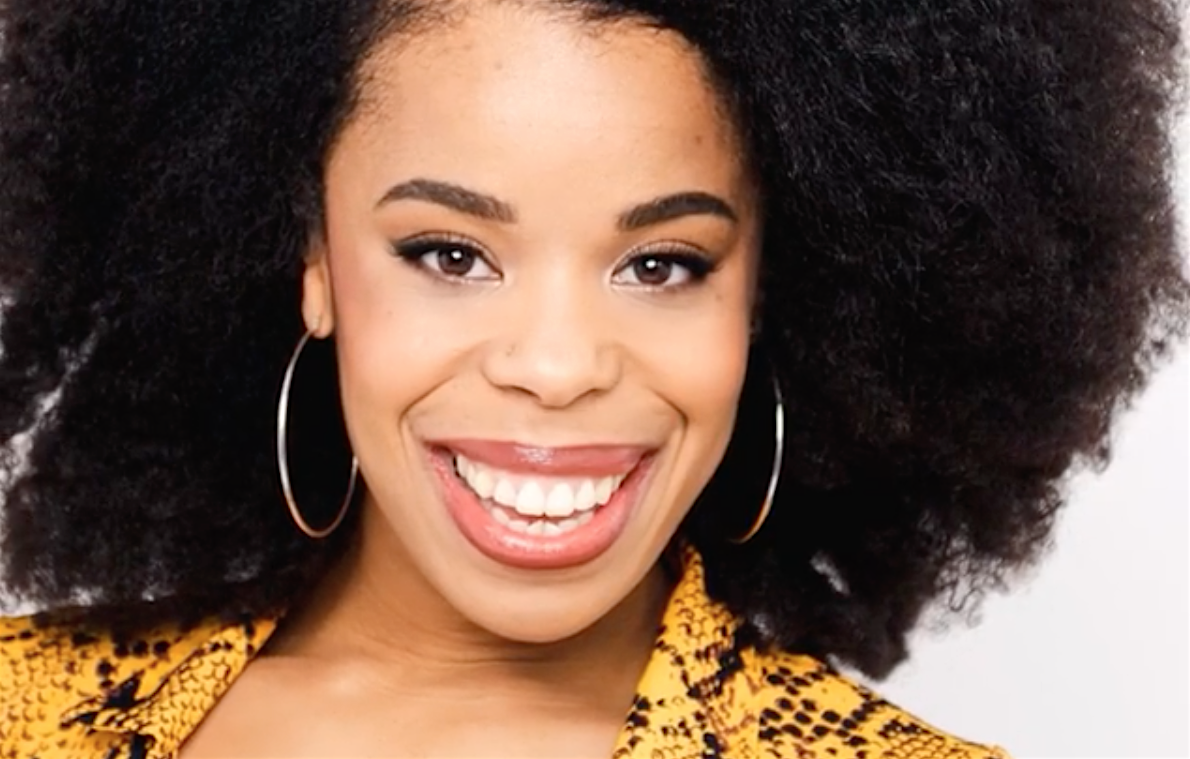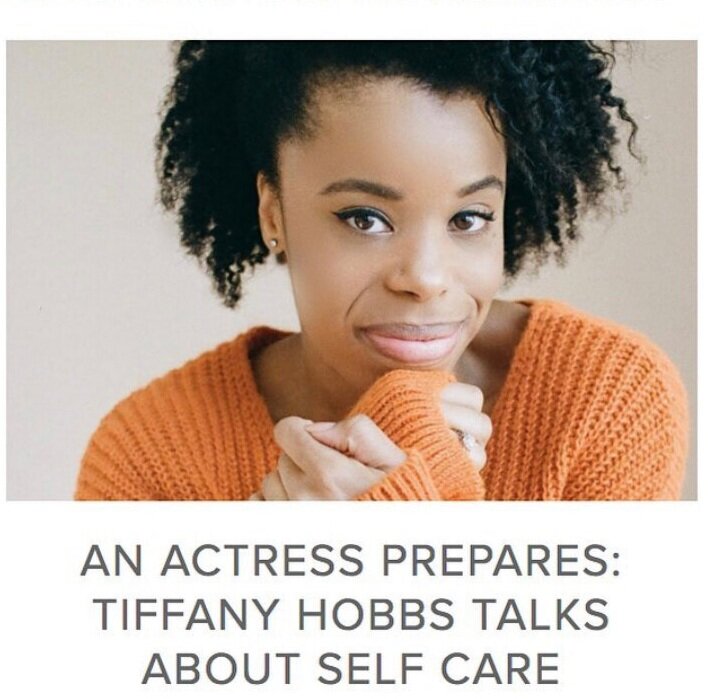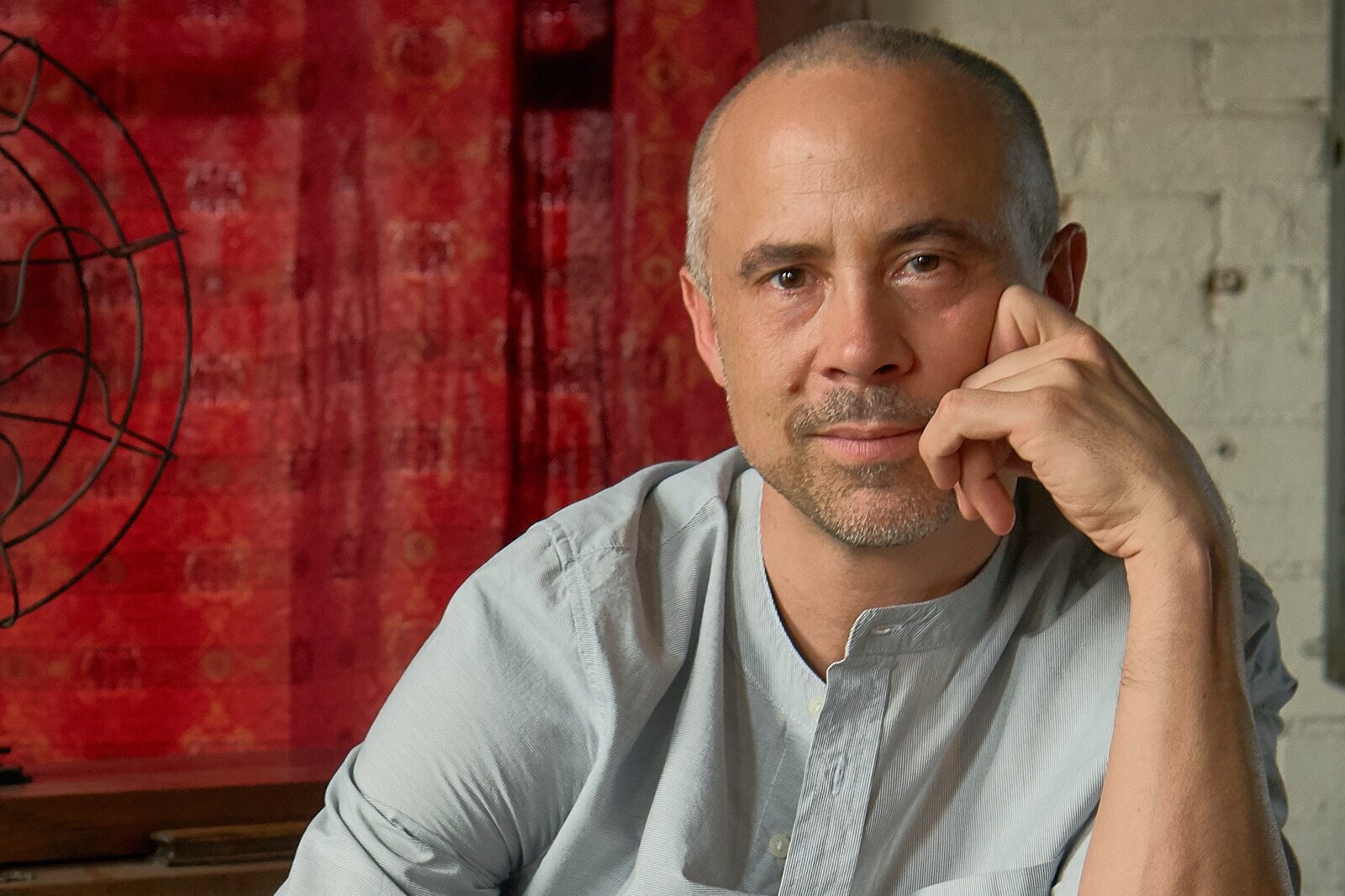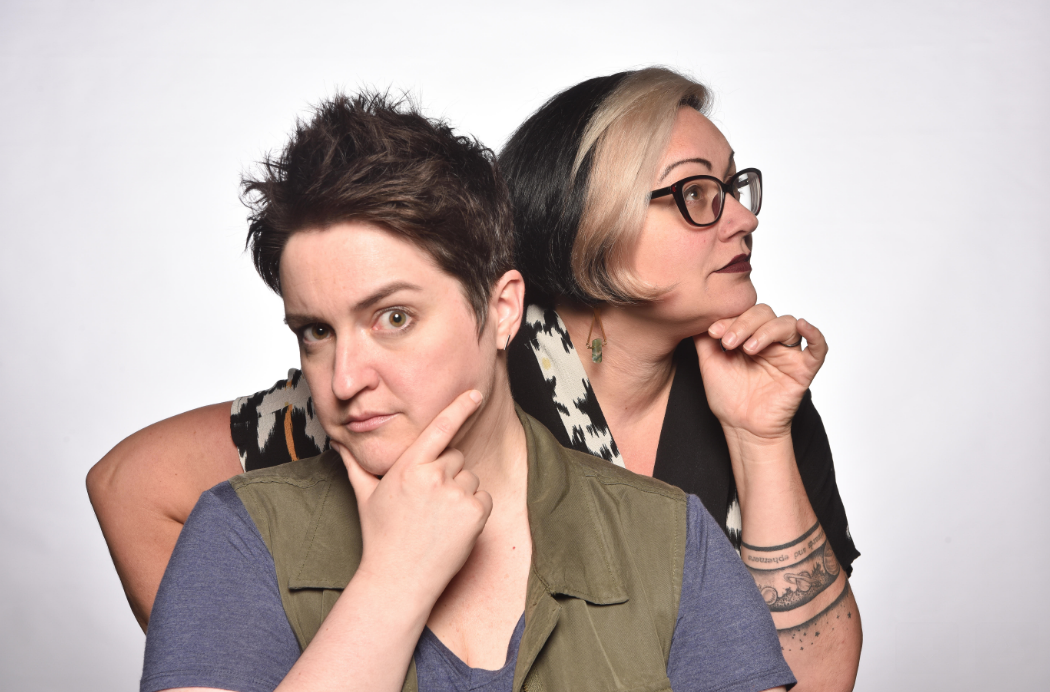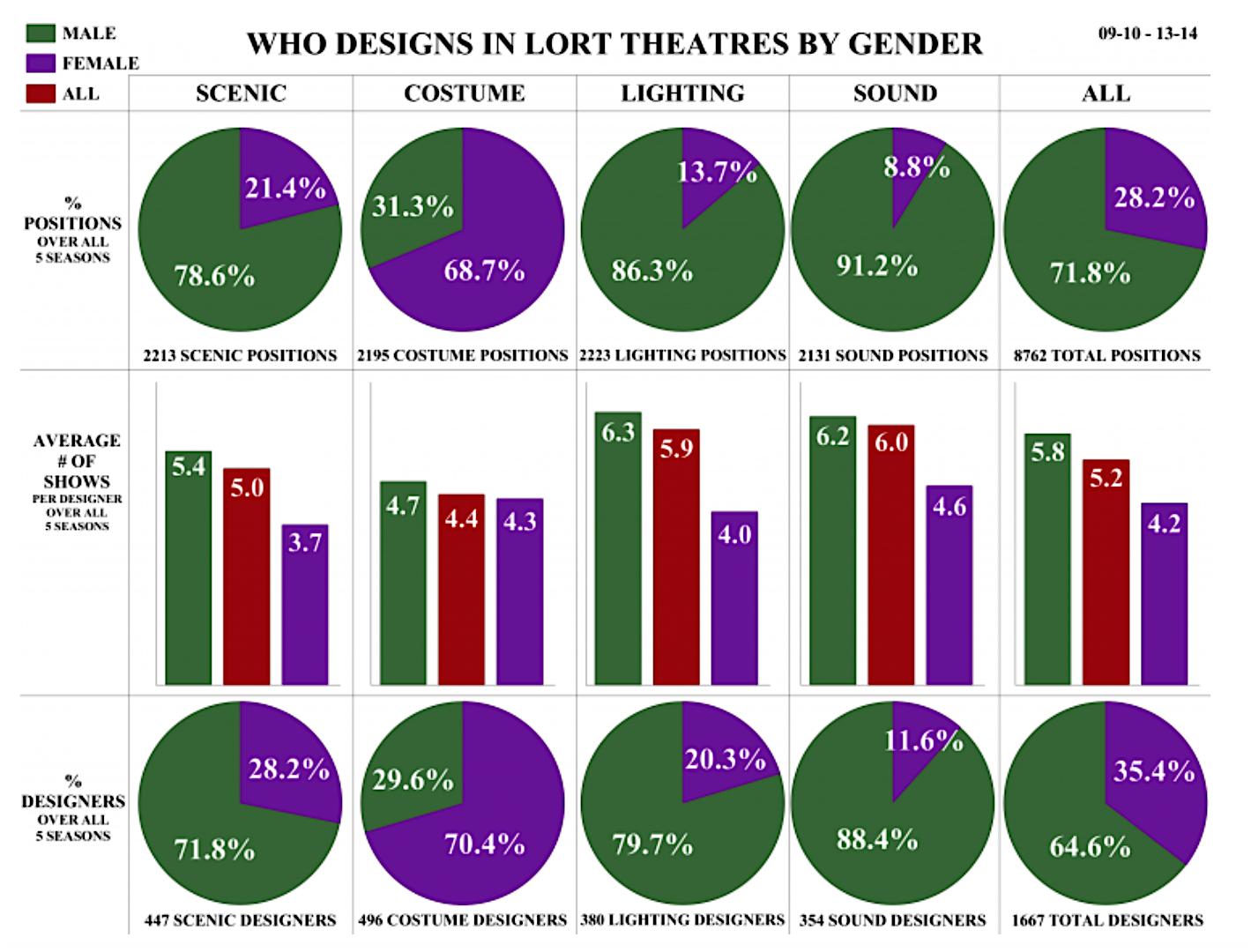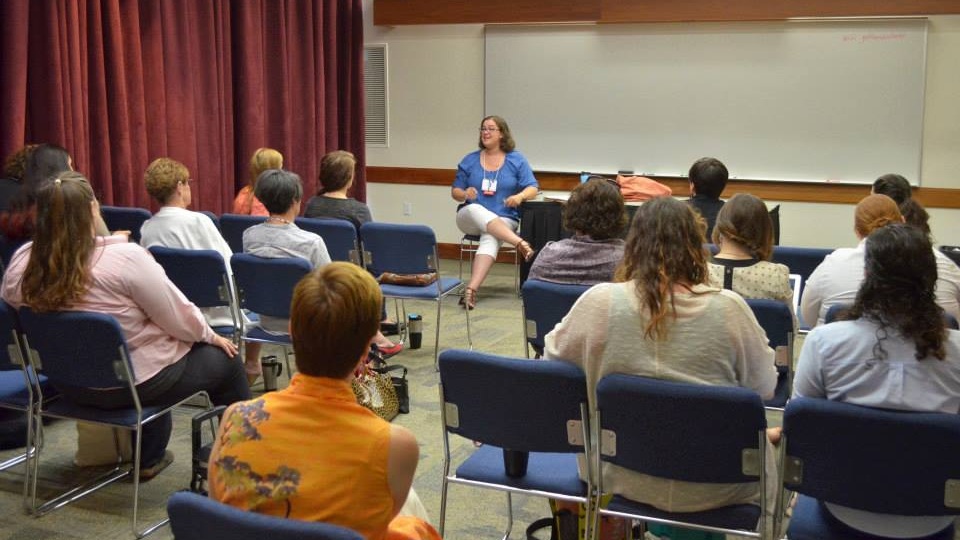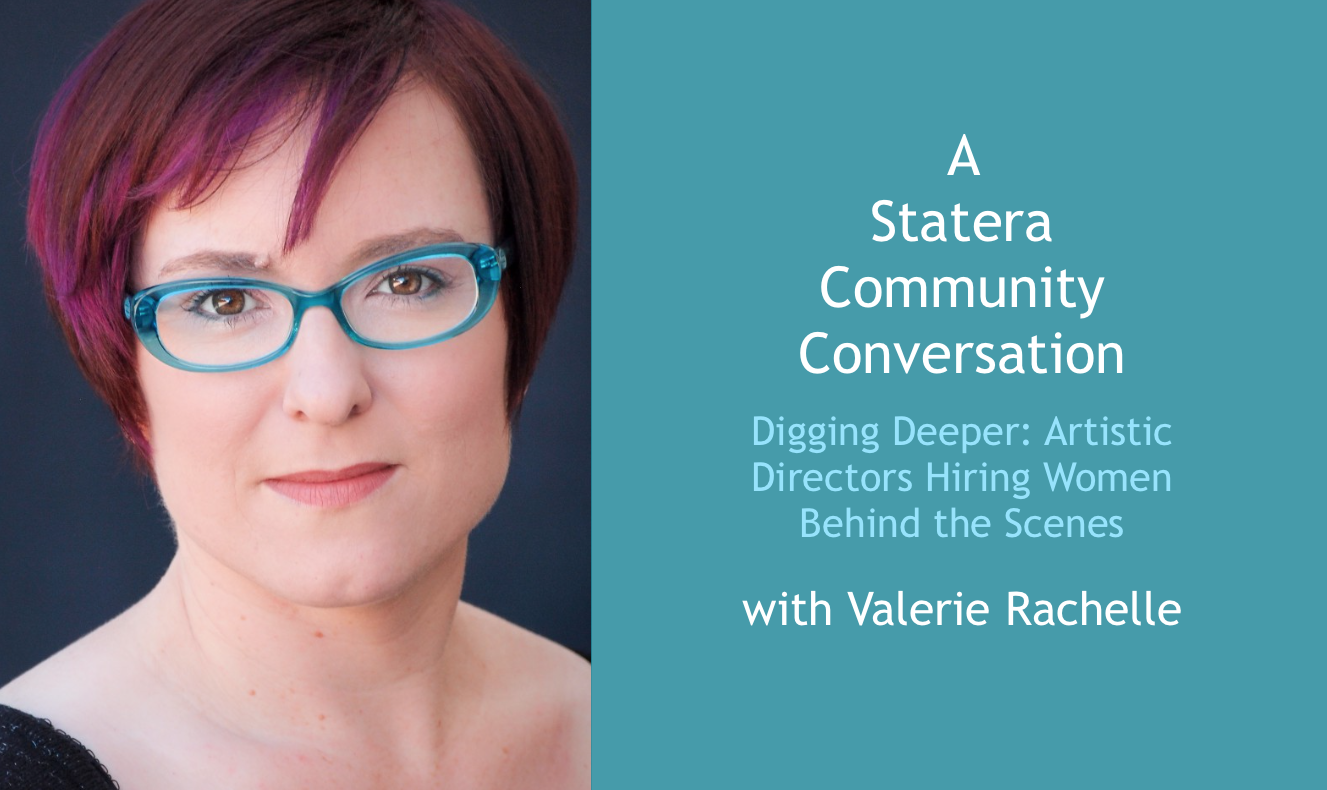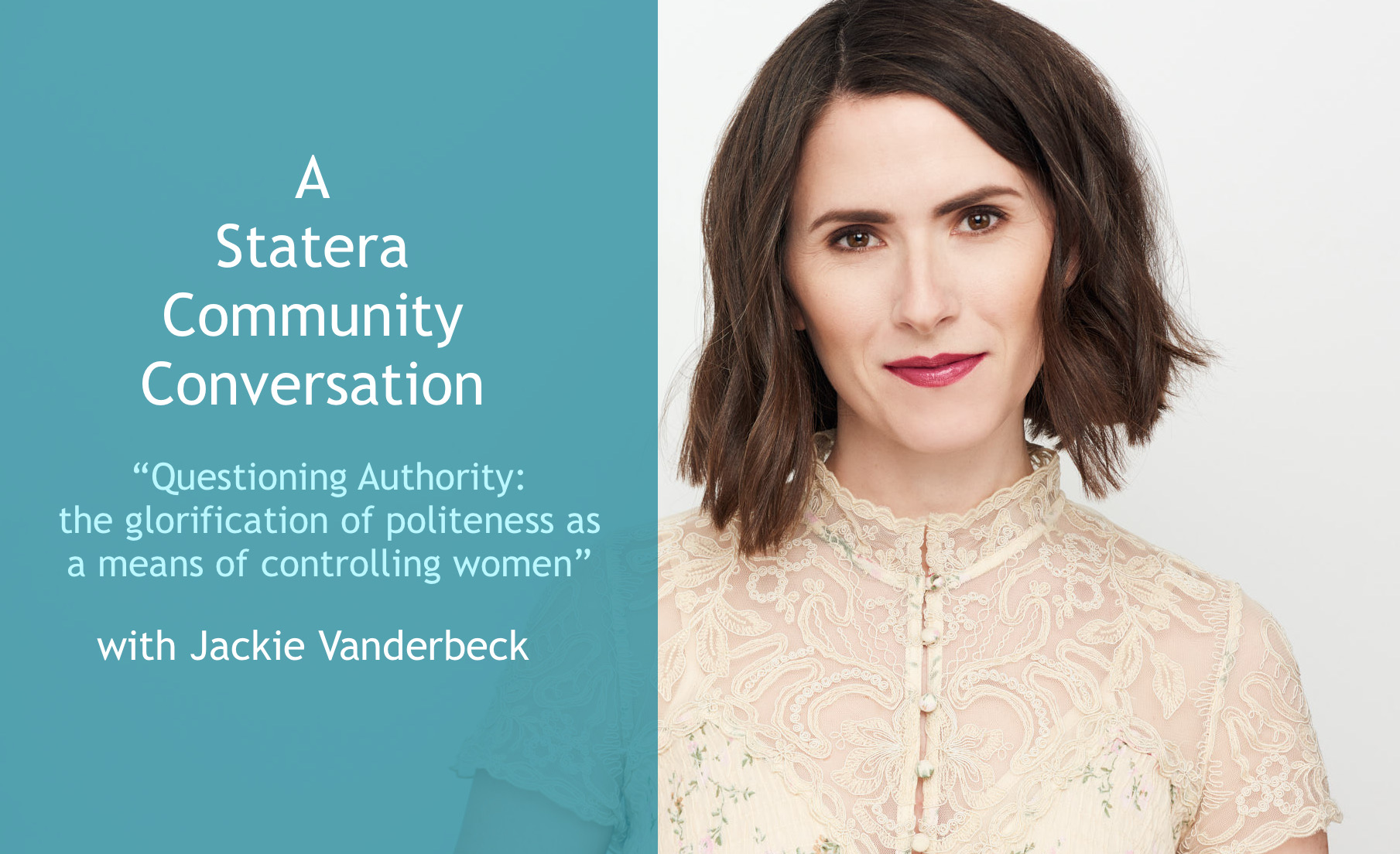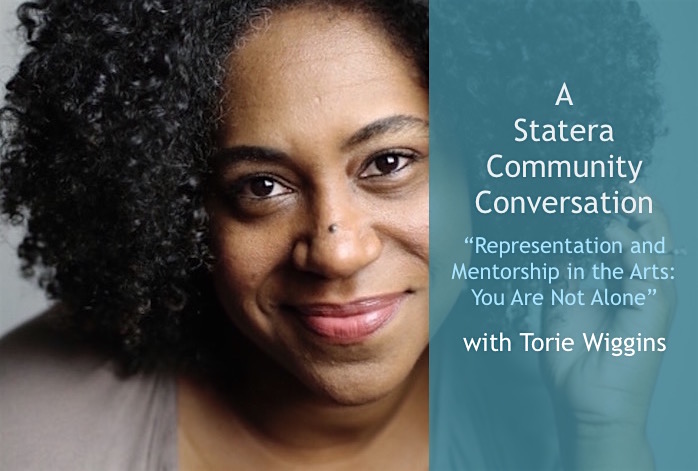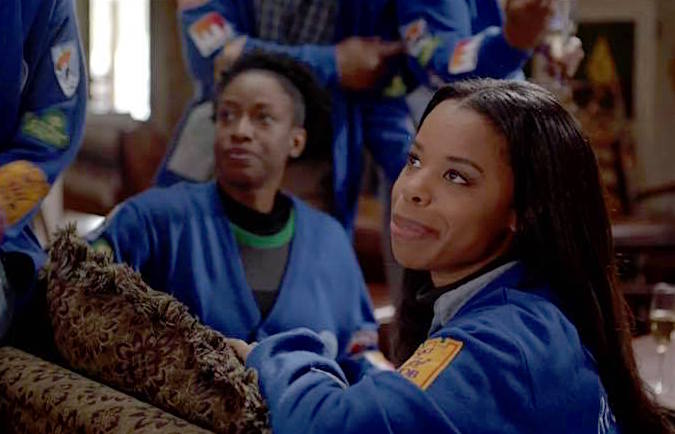by Sarah McCarroll
One of my mentors left teaching recently. She shifted into administration, becoming chair of a department. She’s found a way to continue her commitment to empowerment by using her position to pipeline other women into leadership roles in the academic power structure, and by being a cogent voice for not doing things the old way into rooms still largely dominated by white men. For her, it’s the way in which she can make a difference.
It’s got me thinking about my own career trajectory, about whether I want to go the administrative route myself. One of my colleagues regularly jokes that I’m going to be the dean one of these days. Here’s the thing, though. I love being in a classroom with undergraduates. They exhaust me…because they challenge me. They frustrate me…because they sometimes cannot see or cannot yet fulfill the potential that I see in them. But they also energize me. They give me hope, they make me laugh, they force me to continue my own growth as a teacher, a theatre-maker, and a person. So, if I’m going to continue to walk into undergraduate classrooms, into the costume shop where they work, into the rehearsals where they’re finding their artistic feet, how can I best empower them?
As a theatre professor, empowerment means making space for my students’ bodies and voices. Making space for all my students means being very conscious about calling on my students who are women+ or people of color just as often as I call on the men in the room. When the discussions are more casual and I’m simply allowing the conversation to flow, sometimes it means intervening so that the quieter voices in the room are heard. Decolonizing classroom interactions is one of the most important things educators can do, and one of the trickiest, as it usually means rethinking the teaching patterns we learned through osmosis in our own educations.
I’m working to make space for women in costume design and am very lucky to have colleagues who think intentionally about mentoring women students in the other design areas, where they are historically underrepresented. We continue to ask questions, along with my colleagues in acting/directing, about how we all think in regard to what bodies might fill which roles, and we work to choose scripts that have quality roles written for our diverse student body. This also means taking on the task of filling my own educational gaps. My students are incredibly generous about what they call “learning Sarah about black-girl hair,” but the work of that learning must substantially be mine – I’m the one with the deficiency and it is up to me to find the resources to make up for it. Finally, making space in a production context means starting from the presumption that my students have artistic agency, that their aesthetic impulses demand the same collaborative generosity as those of the more-experienced artists in the room, even while acknowledging the places where mentoring and shaping can hone those impulses.
Making space also involves mentoring and encouraging my women students who have the desire to be leaders into roles that can help them develop those skills and then mentoring them while they’re there. Making space cannot be something that happens and is finished; it must be ongoing and progressive. Once a student enters into a leadership role, my job is to help her find a strong voice within that role, so that the experience is a springboard to the next level, and not a struggle that crushes her enthusiasm or keeps her from reaching upward again.
In some ways, making the space is the easy part. Once you’ve given students the space, you have to give them tools to thrive within it. What does that mean? Well, as someone who teaches Script Analysis and Theatre History it means giving them the skills to make interesting theatre. I know what kinds of theatre my generation has decided to make. And some of it is ground-breaking and arresting. But it is nevertheless the theatre of my time. What I want to give my students are the tools to go out and make the theatre of their time. These students will be making the theatre I see when I’m seventy; they’ll be running theatres, playing major roles, designing the plays. It’s my job to give them the platform to make theatre that, quite frankly, I want to go see.
I want to give students a foundation that will help them to reimagine the old. To hand them the security that will allow them to jettison texts that no longer serve. To give them the confidence to create the new: new forms, new voices, new ways of story-telling, new collaborations. This feels like a very tall mountain to climb some days.
How do the most basic of analytic skills serve to foster innovative artists? Any kind of analysis is just a tool, and tools come with predispositions. A hammer is predisposed to pound on things. It’s not going to work well as a broom. A structure or an analysis based on inciting incident, rising action, climax, falling action can be very useful for certain plays, but it’s just a tool. That’s not the only way to think about dramatic structure, and as plenty of scholars have pointed out, it privileges a paradigm of the male sexual experience. My job is to teach my students how to use it where it suits them, and to show them other options – circular structures; structures that draw on oral cultures, like Suzan-Lori Parks’ echoes of call and response; the hero(ine)’s journey – all of which can place new kinds of narratives at the center of dramatic action.
I also give my students the space to fail. I find that my students come to me absolutely devoted to giving their teachers the “right answer.” It has been impressed upon them that their chances in college, and the totality of their futures are bound up in their ability to fill in the correct bubble on a scan form. This has two major problems for theatre in particular. One is that students believe (even if they rationally know it isn’t true) that there is one singular right answer to any analytic or artistic question about a play. The other problem is that students are artistically risk averse. Those of us who’ve been doing this for a while know that we get it wrong a lot. And then we try again. And sometimes, if we’re very, very lucky, all our hard intellectual, artistic, and hands-on work pays off, and we get it right. But getting it right is the product of the lessons we learned all the times we got it not quite right. Or, hell, got it totally wrong. I tell my students that I’d rather they present me with a hot mess than a technically “correct” but passionless idea for a production. I’ll stop to look at a hot mess; they’re infinitely interesting.
Finally, I think it’s important for those of us who teach to think about empowerment in terms of ourselves. Empower yourself to acknowledge the journey you’re on. Don’t be afraid to model for your students the ways in which you’re still learning. I know I’m still teaching a colonized version of theatre history. I’m largely modeling the material and the methods I learned myself. Do I include texts by women and people of color? Of course. Do I talk about actors, designers, directors who aren’t “old white guys?” Yes, absolutely. But I’m still essentially standing and lecturing; I’m concerned that I’m teaching a history of our craft that seems divorced from the here and now of my students’ experience I worry that by setting aside certain days to talk about African American theatre, or LGBTQ+ theatre, I’m performing a continued marginalization of those contributions as I remove them from the mainstream of my lectures. But I go looking for new ways. I try new things. I question myself.
In Waiting for Godot, Samuel Beckett famously writes, “Try. Fail. Try again. Fail better.” Empowering my students ultimately means giving them the space to fail and the confidence to try again. And showing by example how to try always to fail better.
ABOUT THE AUTHOR
Sarah McCarroll is an associate professor of theatre at Georgia Southern University, where she teaches courses in theatre history and script analysis, and is also the resident costume designer and shop manager. She has recently completed a term as editor of the journal Theatre Symposium, with volumes on Theatrical Costume, and Theatre and Embodiment. Her published work also appears in Theatre, Performance and Cognition: Languages, Bodies and Ecologies, and she is currently at work on a book theorizing stage costumes as vehicles of embodied memory. Sarah’s professional home is the Utah Shakespeare Festival, where she has served as first hand, wardrobe supervisor, and dramaturg. She holds a PhD from Indiana University and an MFA from the University of Alabama.
_format-1500w.png)

